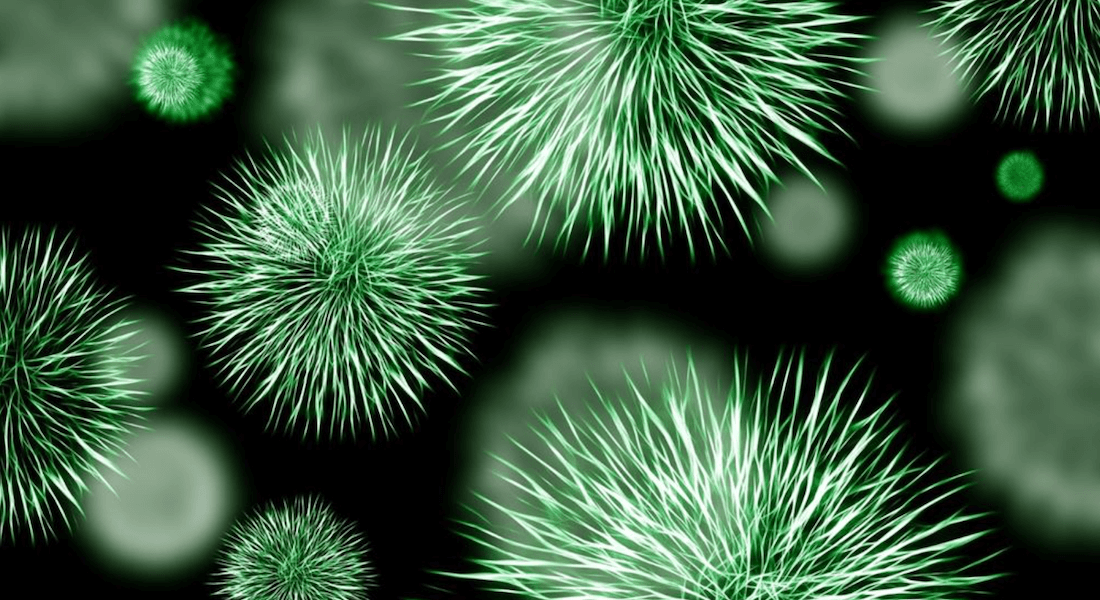M.Sc Thesis defence by Thibault Bret

Invitation for the M.Sc Thesis public defence of Thibault Bret, Friday 21st at 13.00.
Abstract:
“Exploring the Phylogenomics of Acetic Acid Bacteria: An Evolutionary Genomics Perspective”
Acetic acid bacteria (AAB) are acid-resistant microbes found in fermented foods as well as a wide range of plant and insect hosts. This master’s thesis aimed to comprehensively reconstruct their phylogeny and explore potential links between their evolutionary relationships and their associated ecological niches. My primary hypothesis posited that the five main isolation sources of AAB (plants, ferments, flies, social insects and industrial ferments) have actively shaped their phylogeny by prompting genome-wide changes resulting in the divergence of separate clades and the evolution of distinct traits over time. I also attempted to determine if ferment-associated AAB species, which are characterised by a more recent origin, originated from social insect microbiomes. Additionally, I investigated whether symbiotic relationships between insects and associated AAB species were reflected by high specificity in metabolism and genome structure. Using 134 publicly available bacterial genomes representing all species of acetic acid bacteria, I constructed a phylogeny from a set of bacteria-specific single-copy core genes (SCGs). The resulting phylogenetic tree was then dated and plotted over geological times to provide a chronological perspective of AAB evolution. Additionally, I conducted a metabolic analysis on all 134 genomes and successfully identified pathways and enzymes involved in characteristic acetic acid bacteria functions, including cellulose production and nitrogen fixation. The most derived AAB genera, Bombella and Gluconobacter, lacked many metabolic pathways that other AAB species possessed. Moreover, genome features such as Guanine-Cytosine (GC) content and genome size showed significant variation between isolation sources, with dramatic decreases in insect-associated AAB. Contrary to my initial hypothesis, ferment-associated AAB were not found to originate from insect symbionts but rather from opportunistic plant-associated AAB species. These results contribute towards a better understanding of the evolutionary relationships and ecological adaptations of acetic acid bacteria and show high consistency with current literature.
Invited censors will be:
- Assoc. Prof. Ian Marshall, Assoc. (Biology department, Århus Universitet)
- Prof. Michael Poulsen (Biology department, Københavns Universitet)
